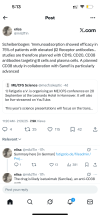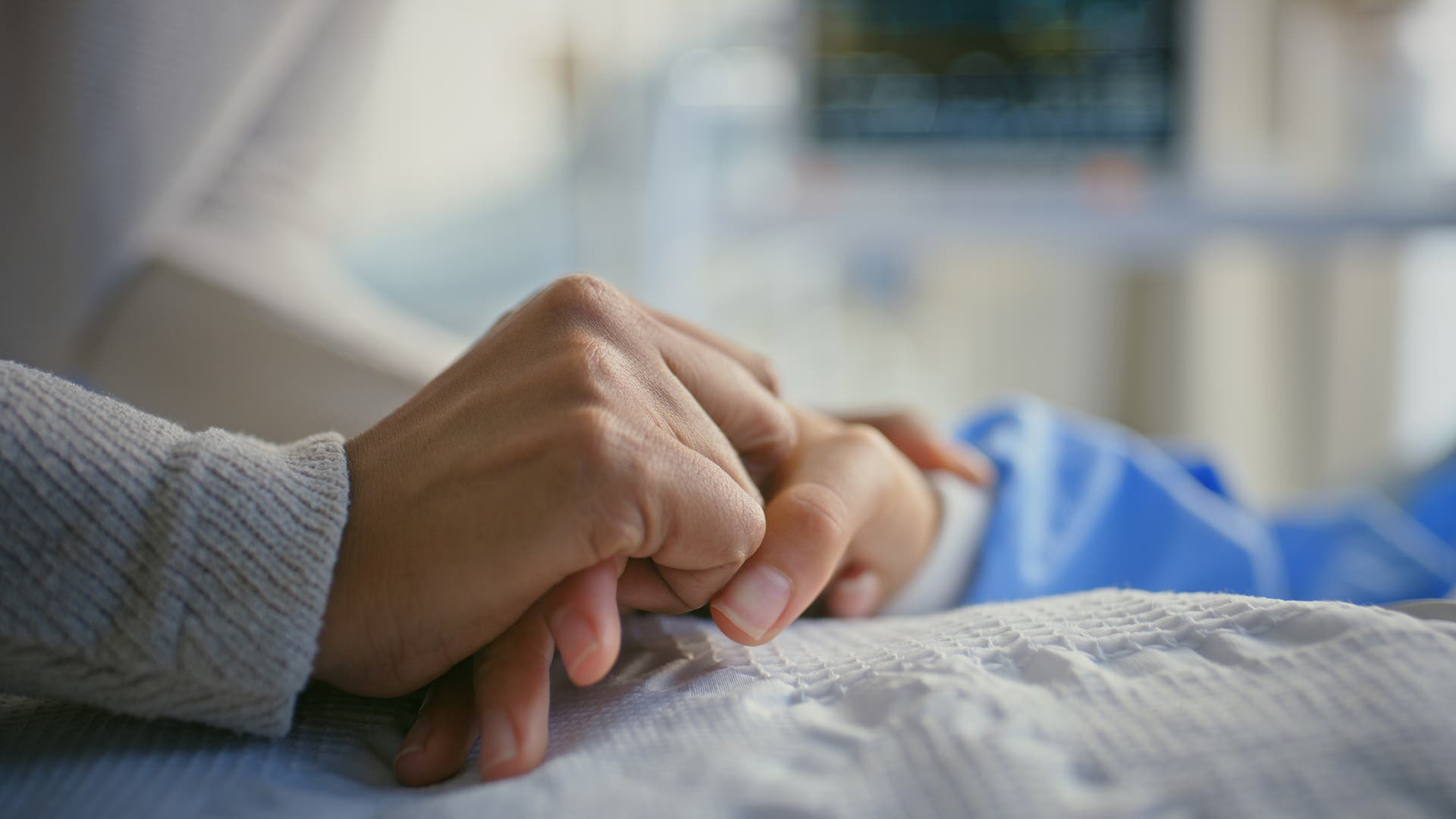Just wanted to put this all in one spot:
Subcutaneous Daratumumab injection schedules from Fluge’s group.
Pilot group 1 Week 0,2,8,10
Pilot group 2 0,2,4,6,14,22,30
Amendment to pilot: 0, [10], 24, 48
(Week 10 only if no response)
Phase 2 0,2,4,24,26
Based on what Fluge et al. wrote in their dara article and comments by
@Jonathan Edwards that dara likely kills cells very quickly, I’d posit that the amendment protocol would be/should be effective and the most cost effective.
In the pilot there wasn’t much/any difference between the 4 and the 7 injection treatments.
Plus dara has a long half life of about three weeks.


